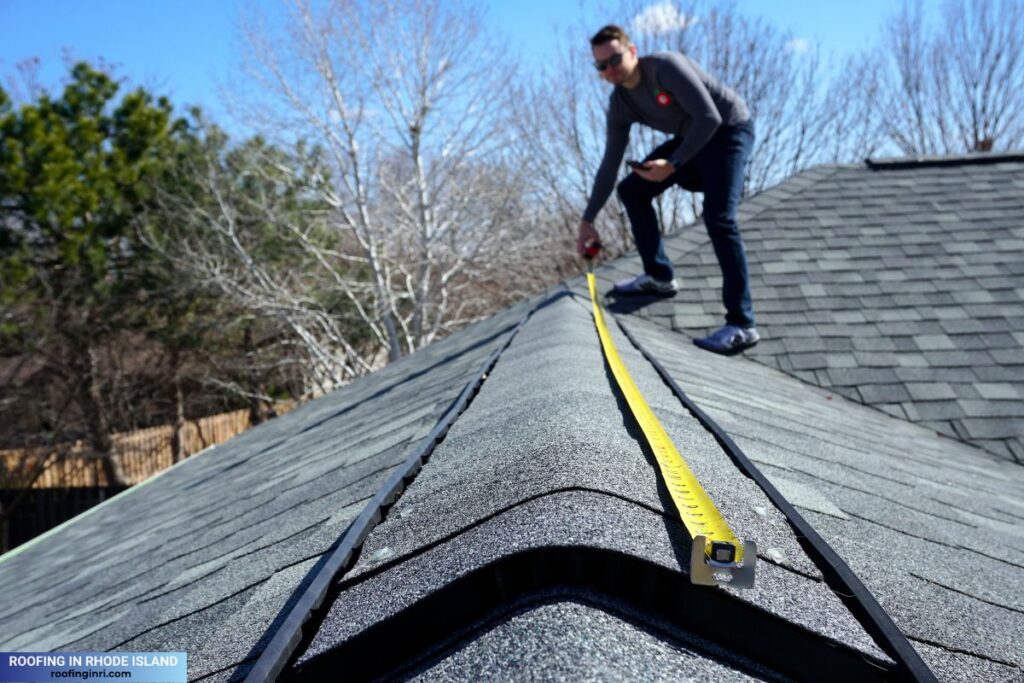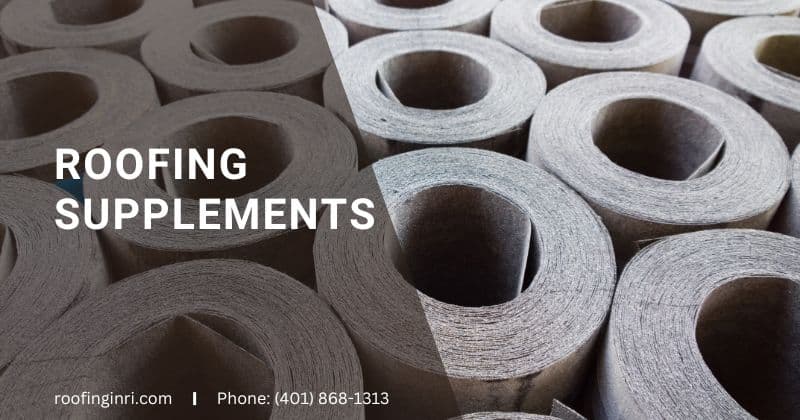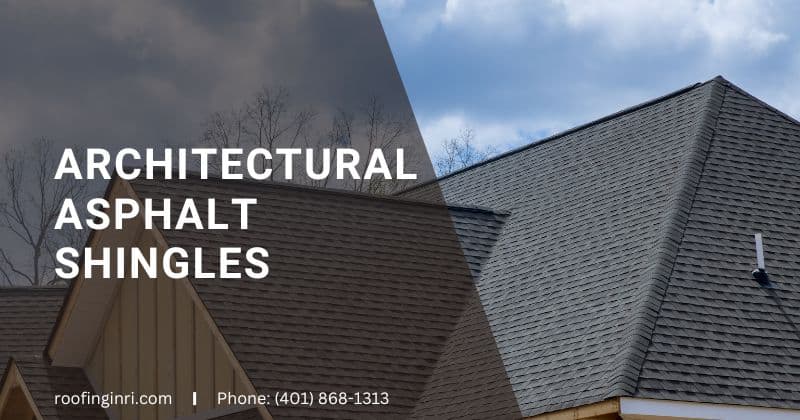A new roof is a huge investment, time-consuming, and involves a lot of hard work, managing and arranging all the puzzle pieces. Roofing is something that no homeowners do frequently, and a home gets it only once or twice in its entire life.
Sometimes, your roof may need small repairs, fixing minor issues, cleaning, and an occasional makeover (such as overlay/reshingle, spray, coating, re-sealing, adding missing shingles, etc.). But in regions where the weather is harsh and fluctuates too much, that’s a big concern for homeowners, and this is where the warranty plays a vital role and reduces the headache.
Roofing warranties vary widely in coverage, duration, and terms. So, it’s crucial to understand what you’re signing up for.
In this post, I will explain-
- The types of roofing warranties
- What they cover, and
- How to choose the best one for your home or business.
Why is a Roofing Warranty Important?
A roofing warranty is a safety net that ensures you’re covered in case of material defects, installation errors, or damages due to weather-related events like storms or unexpected issues. It provides financial protection and peace of mind.
The provider will fix issues (free of cost or small charges may apply) during a certain peroiod of time. However, warranty is different than your roof insurance. So, keep that in mind when choosing or sorting companies.
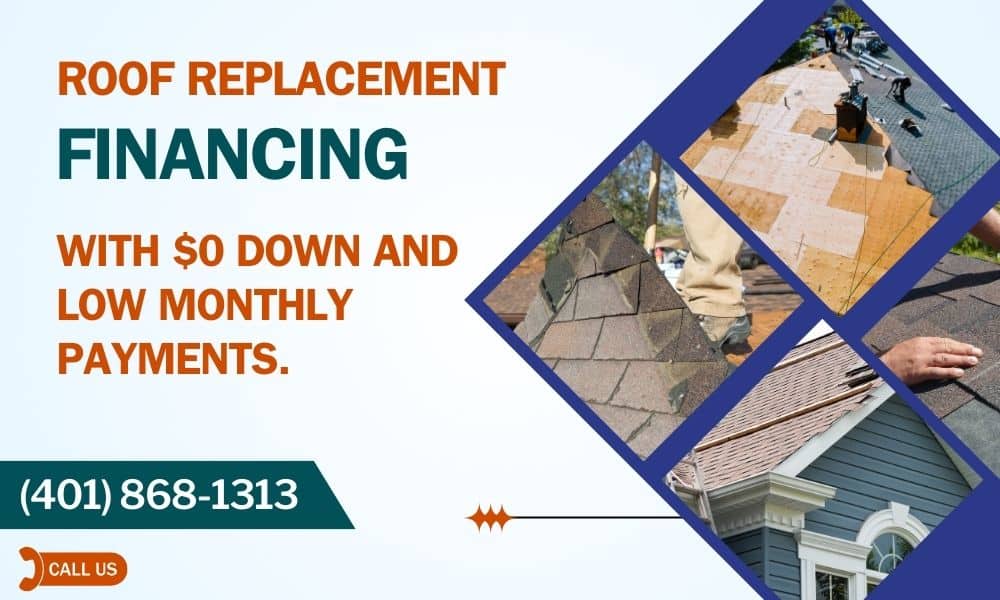
Read also: How do you get roof replacements from your insurance company?
Benefits of a Roofing Warranty:
- Long-term protection for your investment.
- Coverage for defects or poor workmanship.
- Adds value to your property when selling.
Types of Roofing Warranties
There are three main warranties as follow:
Manufacturer Warranty
This warranty covers defects in the materials. It’s offered by the company that produces the materials and is a standard part of most roofing purchases.
- Coverage: Material defects such as curling, cracking, or discoloration.
- Duration: Often ranges from 20 years to a lifetime, depending on the material.
- Limitations: Does not cover improper installation or damage caused by external factors like storms.
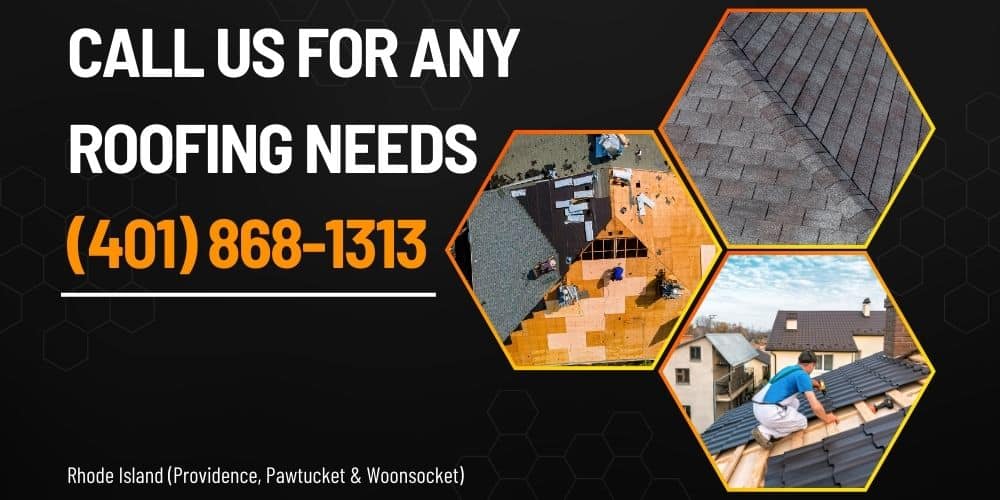
Workmanship Warranty
This warranty is provided by the contractor or roofing company (like us) that installs your roof. It guarantees the quality of the installation.
- Coverage: Installation errors or failures caused by poor workmanship.
- Duration: Typically lasts 1–10 years, depending on the contractor.
- Limitations: Usually does not cover material defects or external damage.
Extended or Comprehensive Warranties
Some manufacturers and contractors offer extended warranties that combine material and workmanship coverage for a more comprehensive plan.
- Coverage: Includes materials, installation, and sometimes labor costs.
- Duration: Can extend beyond 50 years or even for the roof’s lifetime.
- Limitations: Often requires using certified contractors and specific materials.
Important Components of Warranty
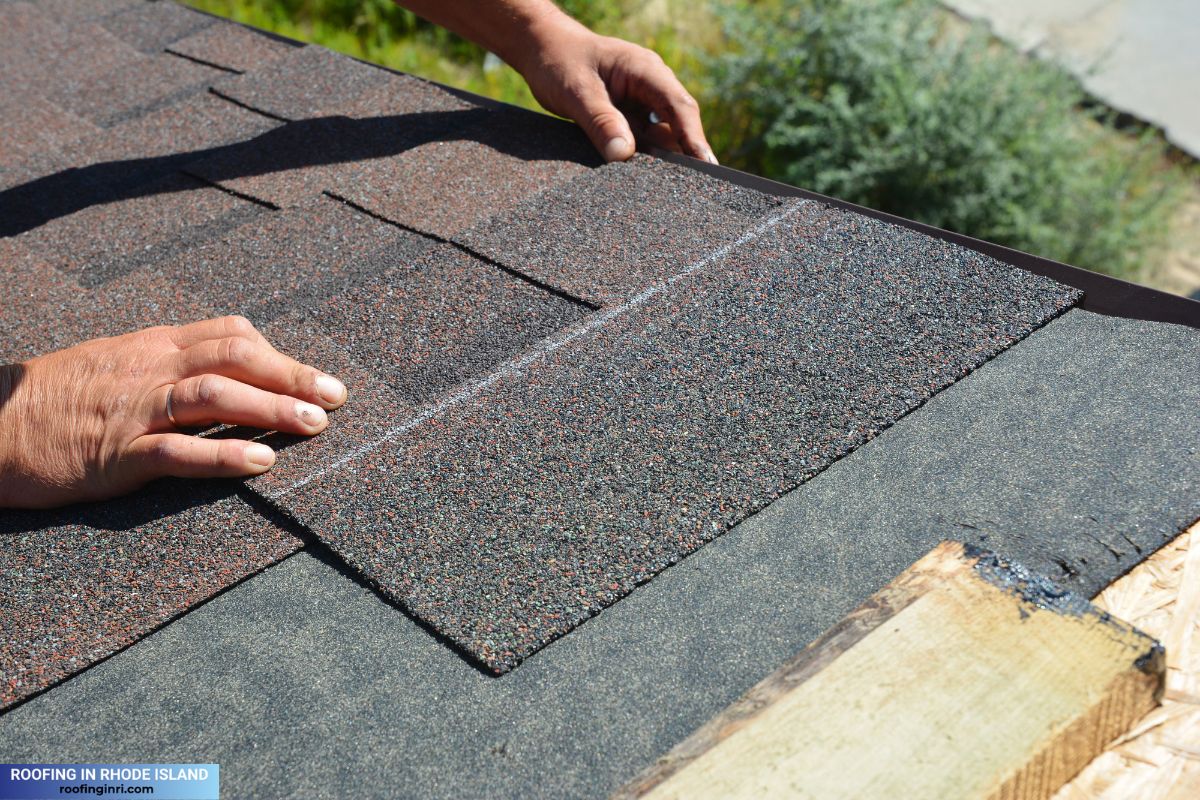
Length of Coverage
The lifespan or duration is the most critical component. While a lifetime warranty may sound appealing, but it’s very important to clarify & understand the term.
A lifetime duration varies between manufacturers and may be prorated after a certain period.
In other words, a lifetime warranty may mean 30 or 50 years (for example) based on certain conditions. So, you can ask your provider the number against the lifetime.
Coverage Details
Understand exactly what the warranty covers. Look for:
- Material defects.
- Workmanship errors.
- Labor costs for repairs or replacements.
Exclusions and Limitations
Every warranty has limitations. Common exclusions include:
- Damage caused by weather events like earthquakes, hail, or wind.
- Neglect or improper maintenance.
- Unauthorized modifications to the roof.
Transferability
If you plan to sell your home, a transferable warranty can add value by providing the new owner with continued protection. Check if the warranty is transferrable and whether there are any fees involved.
- Prorated vs. Non-Prorated Warranties
- Prorated Warranties: Coverage decreases over time, and you may have to pay part of the repair or replacement costs.
- Non-Prorated Warranties: Offers full coverage throughout the warranty period.
- Who Will Handle Repairs?
- Determine whether the original contractor, a certified technician, or a manufacturer-authorized company will handle repairs under the warranty.
Questions to Ask Before Choosing a Roofing Warranty
- How long does the warranty last?
- Is the warranty prorated or non-prorated?
- What is covered, and what is excluded?
- Are labor costs included in the warranty?
- Is the warranty transferable to a new owner?
- What steps are required to maintain the warranty?
Common Roofing Warranty Terms
- Lifetime: Often refers to the expected lifespan of the roofing material (e.g., 20–50 years).
- Prorated: Coverage decreases over time, typically after a set number of years.
- Transferable: Indicates whether the warranty can be passed to a new property owner.
- Wind Resistance: Specifies the wind speeds the roof can withstand without voiding the warranty.
How to Maximize Your Roof Warranty
- Hire a Certified Contractor: Using a certified or manufacturer-approved contractor ensures your warranty remains valid and reduces the risk of improper installation.
- Perform Regular Maintenance: Most warranties require regular maintenance (to remain valid). Schedule annual inspections and address minor issues promptly.
- Register Your Warranty: Some manufacturers or contractors require you to register your warranty after installation. Failure to do so could void your coverage.
- Keep Records: Maintain records of your roof installation, warranty documentation, and any repairs or maintenance performed.
Is an Extended Warranty Worth It?
This extended warranty can provide you an additional peace of mind. If your live in an area where weather is harsh enough or if you decided to live in the same house througtout your life, this extended time of coverage will give an extra layer of security. Think about whether the cost is worth it, considering the chance of needing repairs.
Take Some Time to Make Your Final Decision
Before you choose the materials, you should be careful enough, discuss with professionals/roofers, and do some homework/research. The second most important thing is to choosing a reputable contractor who is licensed or manufacturer-approved.
Don’t pick or judge the materials just by their longer warrenty period, pay attention to their terms and conditions, which may seem hidden when you fall into a real problem with your roof.
By understanding these different warranties (as mentioned in this post), hopefully, now you can make an informed decision.
Need expert advice on roofing warranties or help with roof replacement? Contact us today for a consultation!
Ready to elevate your home’s protection and curb appeal? Call us at (401) 868-1313 today for expert roofing solutions in Rhode Island (Providence, Pawtucket & Woonsocket) – because your roof deserves the best care it can get!


